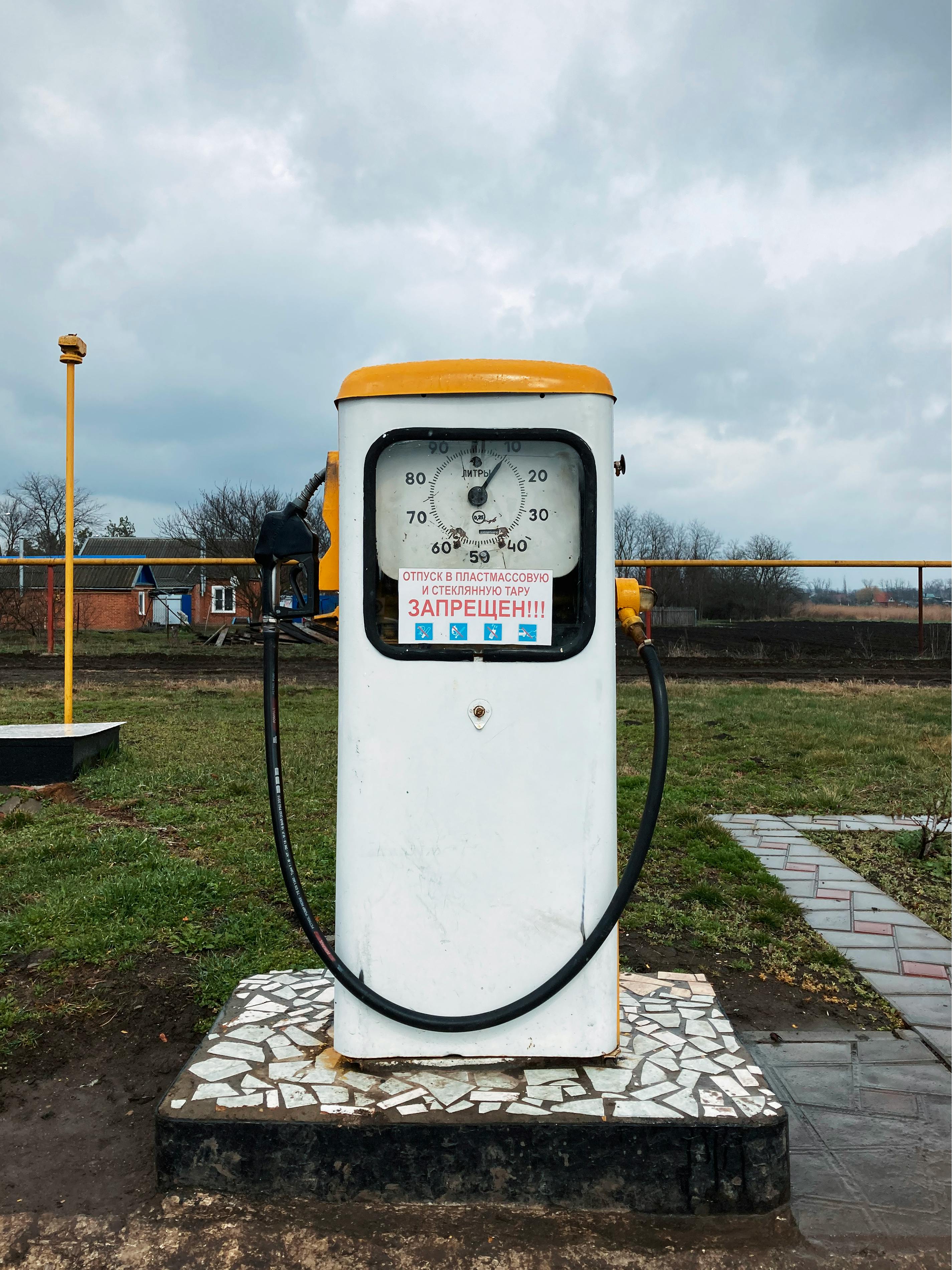Hungary's Russian Oil Dilemma: Why Brussels Is Cautious In Offering Support

Hungary's reliance on Russian oil has led it to seek support from Brussels to ensure continued access to this crucial energy source. However, the European Union's (EU) response has been marked by caution, driven by complex strategic considerations. This article explores the reasons behind Brussels' hesitation and the broader implications for Hungary and the EU.
Hungary's Energy Reliance
Hungary's energy landscape is heavily influenced by its dependence on Russian oil imports. This relationship dates back decades, with significant portions of Hungary's energy supply coming from Russia. Russian oil is vital for Hungary's energy security and economy, making it imperative for the country to maintain a stable supply. As a result, Hungary has turned to the EU for support, hoping to secure its energy future amid rising geopolitical tensions.
Strategic Concerns for the EU
Diversification of Energy Sources
One of the EU's primary strategic objectives is to reduce its reliance on Russian energy. This goal is driven by the need to enhance energy security and reduce vulnerability to geopolitical pressures. Supporting Hungary's continued dependence on Russian oil would undermine this strategy, contradicting the EU's long-term goals of energy diversification and independence from Russian energy sources.
Geopolitical Implications
The EU has maintained a unified stance against Russian aggression, particularly in response to the ongoing conflict in Ukraine. Backing Hungary in its quest for Russian oil could be interpreted as a softening of this stance, potentially weakening the EU's position against Russia. Such a move could send mixed signals about the EU's commitment to supporting Ukraine and opposing Russian actions, thereby undermining its geopolitical coherence.
Sanctions Policy
The EU has implemented sanctions against Russia as a response to its actions in Ukraine. These sanctions are designed to exert economic pressure on Russia and influence its behavior. Supporting Hungary's pursuit of Russian oil could weaken the effectiveness of these sanctions by providing an avenue for continued economic engagement with Russia. This could reduce the impact of the sanctions and undermine the EU's efforts to influence Russian policy.
Internal EU Dynamics
The EU is a diverse bloc with varying priorities and perspectives among its member states. Hungary's focus on securing its energy needs contrasts with the priorities of other member states, particularly those more critical of Russia. These states emphasize reducing dependency on Russian energy and maintaining a strong stance against Russian aggression. The divergence in priorities highlights the internal dynamics and challenges faced by the EU in forming a cohesive policy.
Broader Implications for EU Unity
The EU's decision on whether to support Hungary's request for assistance in securing Russian oil has broader implications for the bloc's unity and strategic direction. Backing Hungary could lead to internal discord, as member states with differing views on Russia and energy policy clash. It could also signal a fragmented approach to foreign policy and sanctions, weakening the EU's collective stance on important geopolitical issues.
Conclusion
Brussels' cautious approach to supporting Hungary in its quest for Russian oil is driven by strategic considerations related to energy diversification, geopolitical coherence, and sanctions enforcement. The EU must balance Hungary's immediate energy needs with its broader strategic goals and the unity of the bloc. The outcome of this dispute will have significant implications for EU unity and its foreign policy stance, underscoring the complexity of navigating energy security and geopolitical challenges in a rapidly changing world.
Author: Brett Hurll
Copper's Comeback: Inside BHP And Lundin's Argentine Asset Acquisition
Copper, often dubbed "the metal of electrification," is experiencing a resurgence in demand due to its critical role in ... Read more
Revitalizing Commodities: How Clean Energy Is Breathing New Life Into A Stagnant Market
The commodities market, traditionally a cornerstone of investment portfolios, has experienced a decade of stagnation. Ho... Read more
European Airports Disrupted By Escalating Climate Protests
Climate activists have escalated their protests at European airports, blocking runways and causing flight disruptions in... Read more
Unveiling China's Secret Commodity Stockpiles: What Lies Ahead?
Xi Jinping's extensive reserves of grain, natural gas, and oil hint at future challenges.In a move shrouded in secrecy, ... Read more
Copper Miners Brace For Industry Overhaul As End Users Seek Direct Deals
The copper mining industry is bracing for a significant overhaul as end users, including cable manufacturers and car com... Read more
Woodside Energy Expands US Presence With $1.2bn Tellurian Acquisition
Woodside Energy has agreed to acquire US liquefied natural gas (LNG) developer Tellurian in a $1.2 billion deal. This ac... Read more

